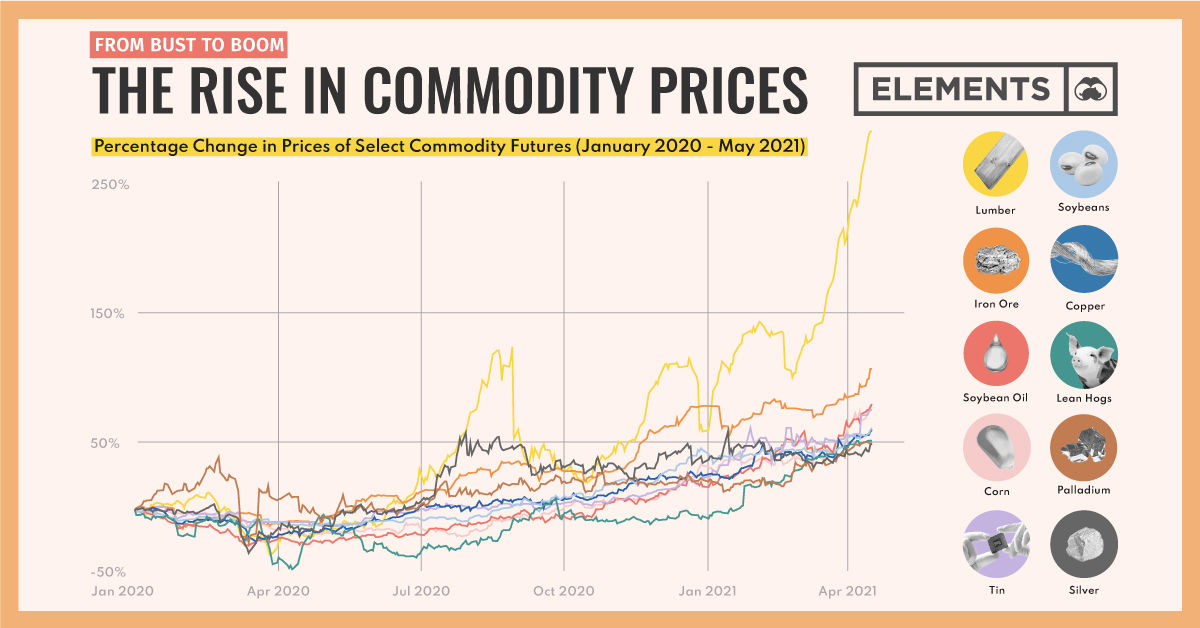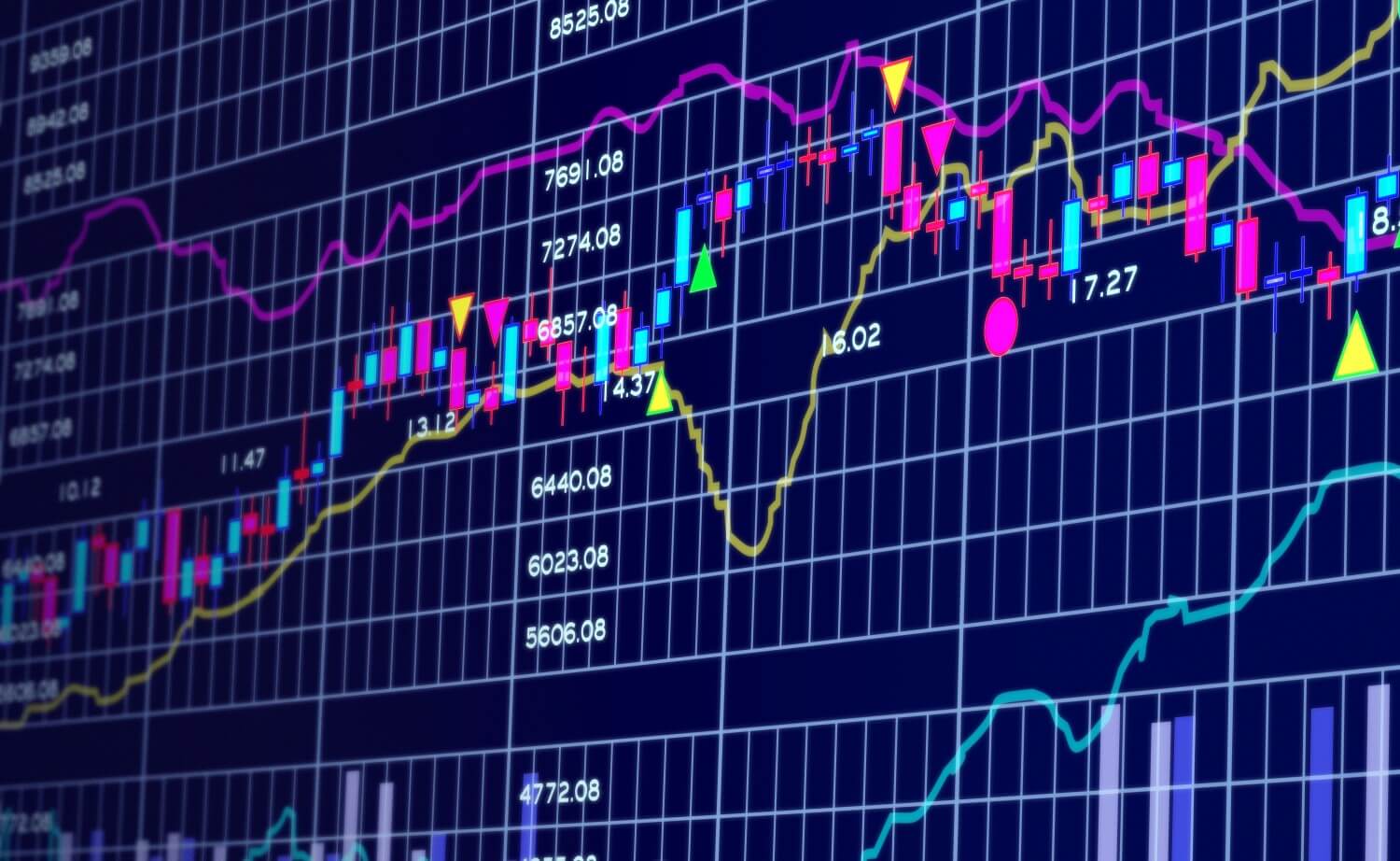Commodities Futures Trading
Commodities Futures Trading - Investors can speculate or hedge on the price direction of. There are two types of commodity prices you’ll need to understand before you begin: Commodity trading is the exchange of different assets, typically futures contracts, that are based on the price of an underlying physical commodity. With the buying or selling of these. Futures are contracts to buy or sell a specific underlying asset at a future date. The price at which a commodity is selling right now. The underlying asset can be a commodity, a security, or other financial instrument. Futures trading is the buying and selling of a particular type of derivatives contract. Spot prices and futures prices. These contracts entitle one you to buy or sell a particular asset, such as a stock or commodity, at.
Futures are contracts to buy or sell a specific underlying asset at a future date. These contracts entitle one you to buy or sell a particular asset, such as a stock or commodity, at. With the buying or selling of these. Futures trading is the buying and selling of a particular type of derivatives contract. The underlying asset can be a commodity, a security, or other financial instrument. There are two types of commodity prices you’ll need to understand before you begin: Commodity trading is the exchange of different assets, typically futures contracts, that are based on the price of an underlying physical commodity. Spot prices and futures prices. Investors can speculate or hedge on the price direction of. The price at which a commodity is selling right now.
These contracts entitle one you to buy or sell a particular asset, such as a stock or commodity, at. The price at which a commodity is selling right now. Futures are contracts to buy or sell a specific underlying asset at a future date. Investors can speculate or hedge on the price direction of. Commodity trading is the exchange of different assets, typically futures contracts, that are based on the price of an underlying physical commodity. The underlying asset can be a commodity, a security, or other financial instrument. With the buying or selling of these. Futures trading is the buying and selling of a particular type of derivatives contract. There are two types of commodity prices you’ll need to understand before you begin: Spot prices and futures prices.
Intro to Commodities StreetFins®
With the buying or selling of these. The underlying asset can be a commodity, a security, or other financial instrument. Futures are contracts to buy or sell a specific underlying asset at a future date. Investors can speculate or hedge on the price direction of. There are two types of commodity prices you’ll need to understand before you begin:
Futures Options Trading can provide an Effective Strategy for
The underlying asset can be a commodity, a security, or other financial instrument. Commodity trading is the exchange of different assets, typically futures contracts, that are based on the price of an underlying physical commodity. The price at which a commodity is selling right now. Spot prices and futures prices. There are two types of commodity prices you’ll need to.
Commodity Futures And Importance Of Liquidity In Commodities, 5 Reasons
With the buying or selling of these. Futures are contracts to buy or sell a specific underlying asset at a future date. Commodity trading is the exchange of different assets, typically futures contracts, that are based on the price of an underlying physical commodity. The price at which a commodity is selling right now. Futures trading is the buying and.
Commodities ETF (GSG) Posts New LongTerm Trend Model BUY Signal
These contracts entitle one you to buy or sell a particular asset, such as a stock or commodity, at. Commodity trading is the exchange of different assets, typically futures contracts, that are based on the price of an underlying physical commodity. Spot prices and futures prices. With the buying or selling of these. There are two types of commodity prices.
What is Commodity Futures Trading Commission? Forex Glossary
These contracts entitle one you to buy or sell a particular asset, such as a stock or commodity, at. Spot prices and futures prices. With the buying or selling of these. Investors can speculate or hedge on the price direction of. There are two types of commodity prices you’ll need to understand before you begin:
Futures Trading Strategies Explained With Free PDF
Spot prices and futures prices. Futures are contracts to buy or sell a specific underlying asset at a future date. With the buying or selling of these. The price at which a commodity is selling right now. There are two types of commodity prices you’ll need to understand before you begin:
Commodity Trading Best Practices How To Trade
Futures trading is the buying and selling of a particular type of derivatives contract. There are two types of commodity prices you’ll need to understand before you begin: Spot prices and futures prices. The price at which a commodity is selling right now. The underlying asset can be a commodity, a security, or other financial instrument.
Commodity Market Definition, Types, Example, and How It Works (2024)
Futures are contracts to buy or sell a specific underlying asset at a future date. These contracts entitle one you to buy or sell a particular asset, such as a stock or commodity, at. Spot prices and futures prices. Futures trading is the buying and selling of a particular type of derivatives contract. There are two types of commodity prices.
From Bust to Boom Visualizing the Rise in Commodity Prices
Investors can speculate or hedge on the price direction of. Futures are contracts to buy or sell a specific underlying asset at a future date. Futures trading is the buying and selling of a particular type of derivatives contract. The underlying asset can be a commodity, a security, or other financial instrument. With the buying or selling of these.
Futures & Commodities Trading True Trading Group
Spot prices and futures prices. There are two types of commodity prices you’ll need to understand before you begin: Futures are contracts to buy or sell a specific underlying asset at a future date. The underlying asset can be a commodity, a security, or other financial instrument. Investors can speculate or hedge on the price direction of.
The Underlying Asset Can Be A Commodity, A Security, Or Other Financial Instrument.
Futures trading is the buying and selling of a particular type of derivatives contract. There are two types of commodity prices you’ll need to understand before you begin: These contracts entitle one you to buy or sell a particular asset, such as a stock or commodity, at. Commodity trading is the exchange of different assets, typically futures contracts, that are based on the price of an underlying physical commodity.
Spot Prices And Futures Prices.
Investors can speculate or hedge on the price direction of. With the buying or selling of these. Futures are contracts to buy or sell a specific underlying asset at a future date. The price at which a commodity is selling right now.

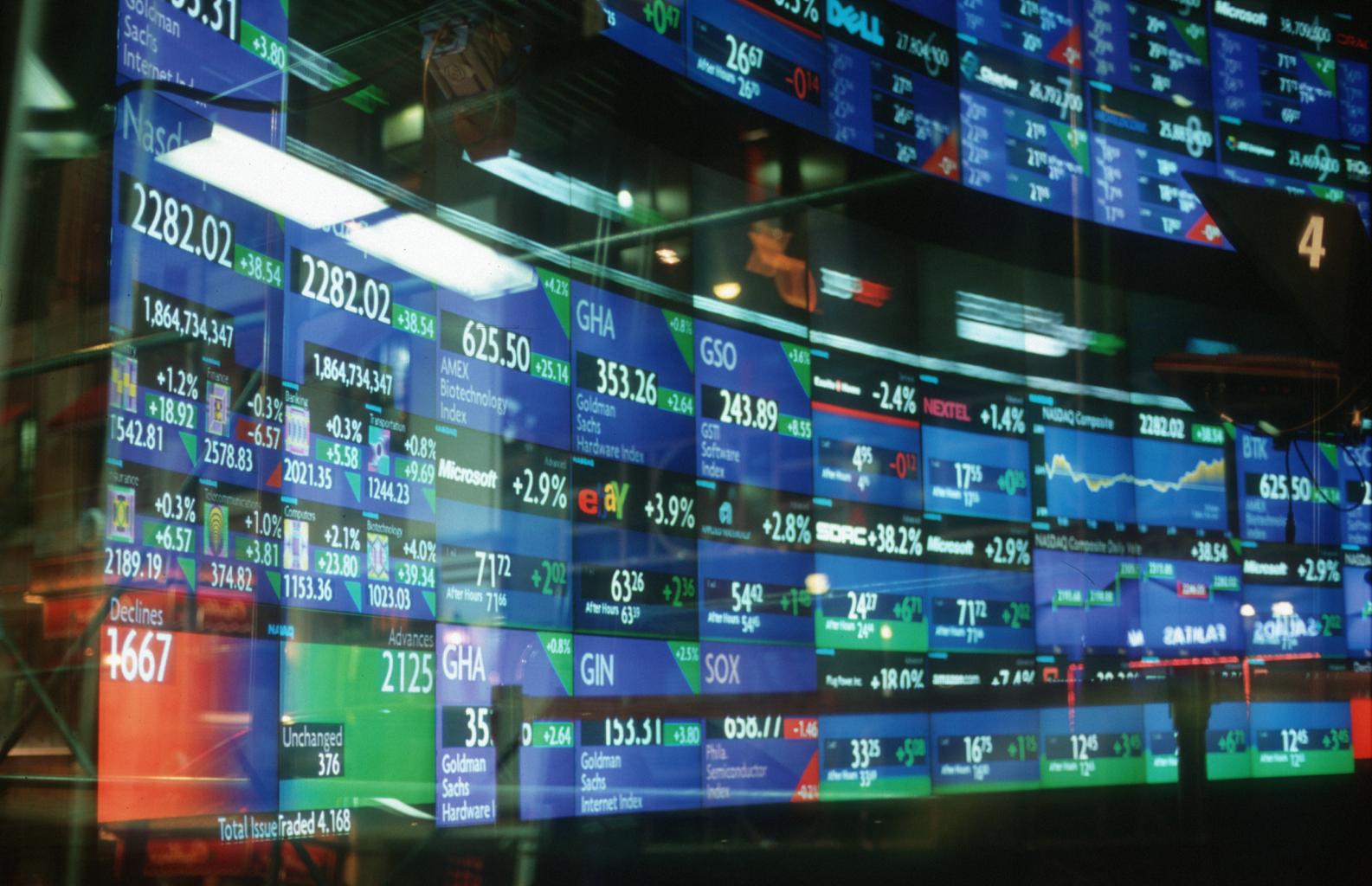
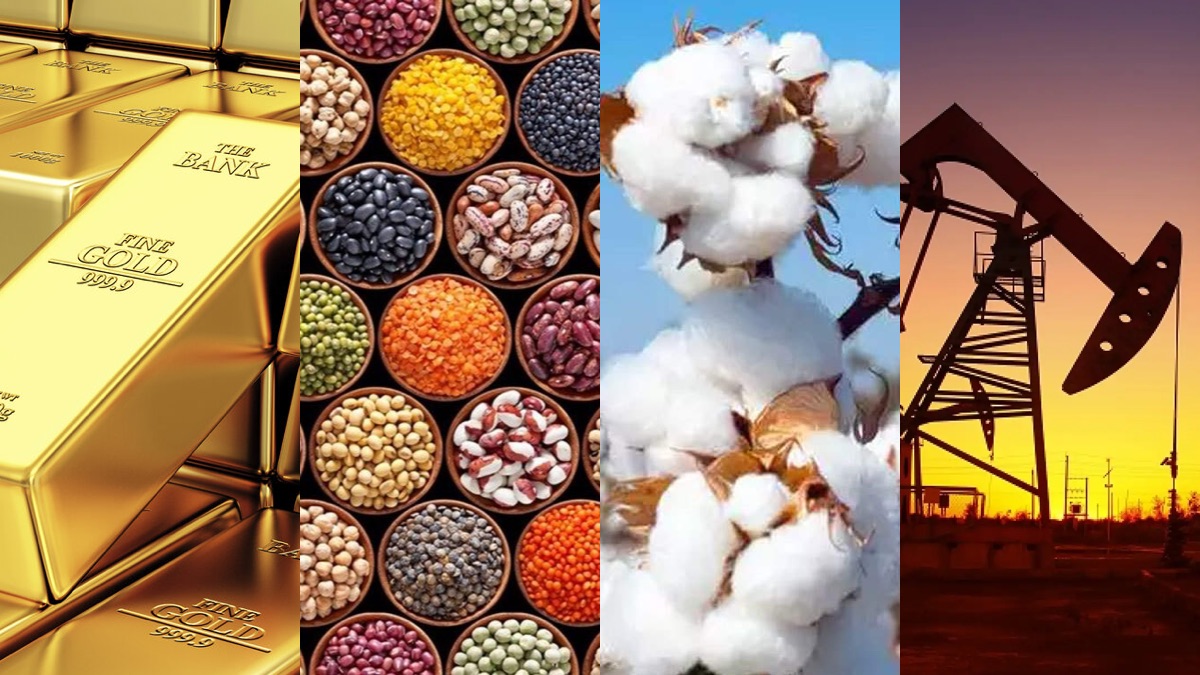
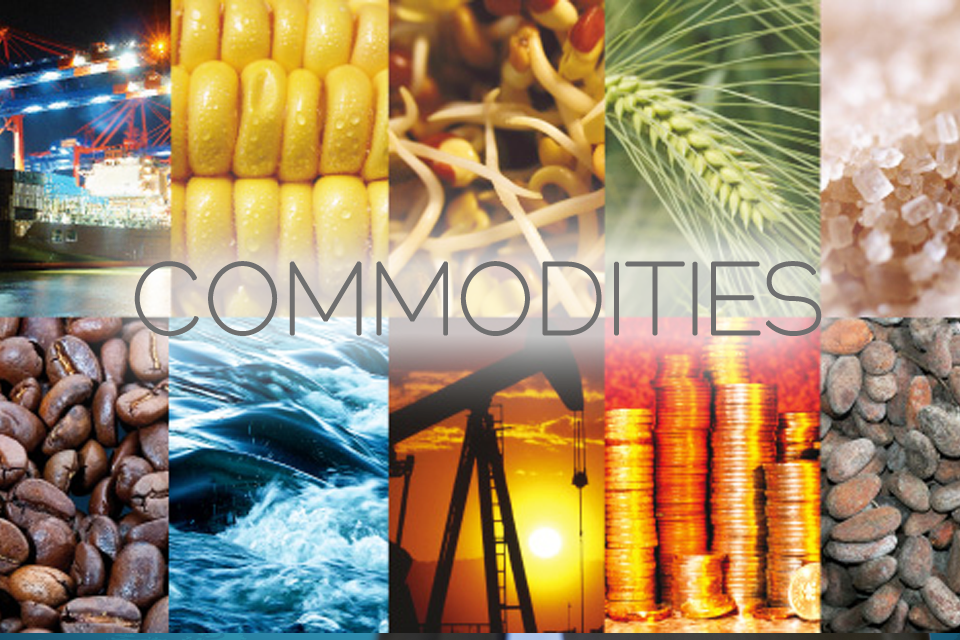
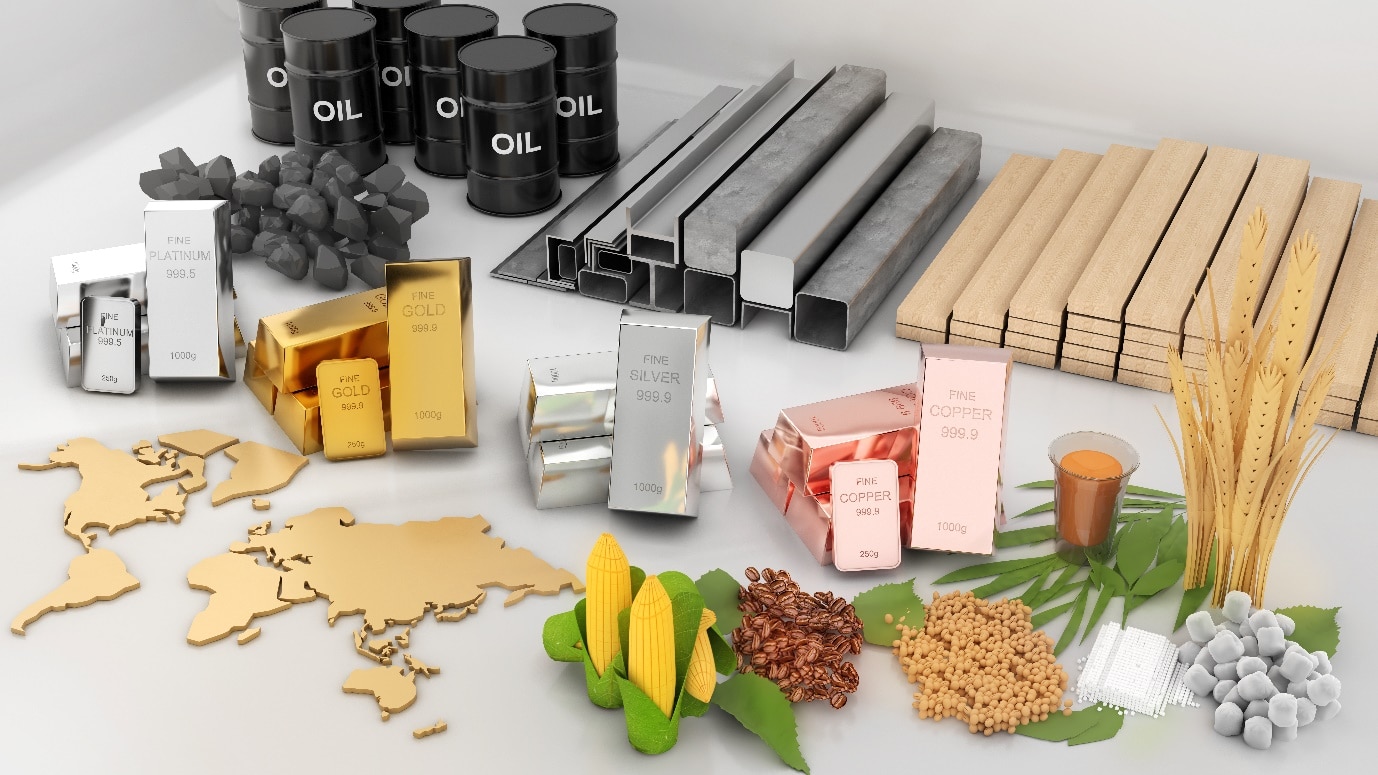
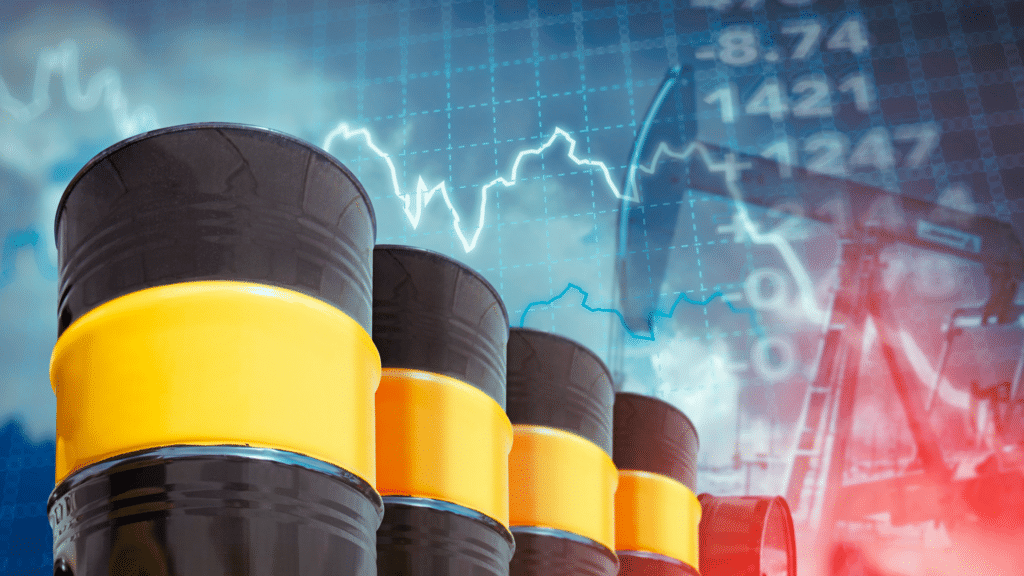
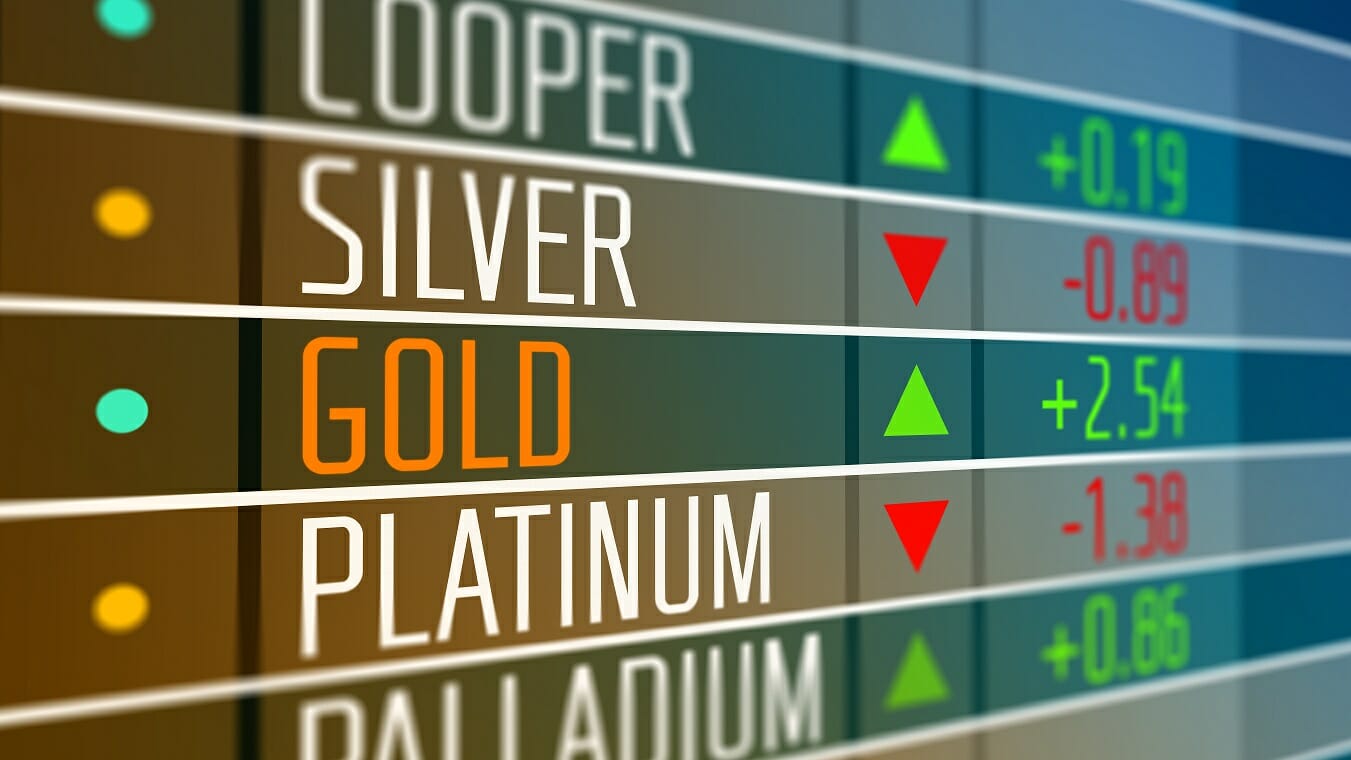
:max_bytes(150000):strip_icc()/commodity-market-c13b0044c1da45dea230710a5c993bc6.jpg)
